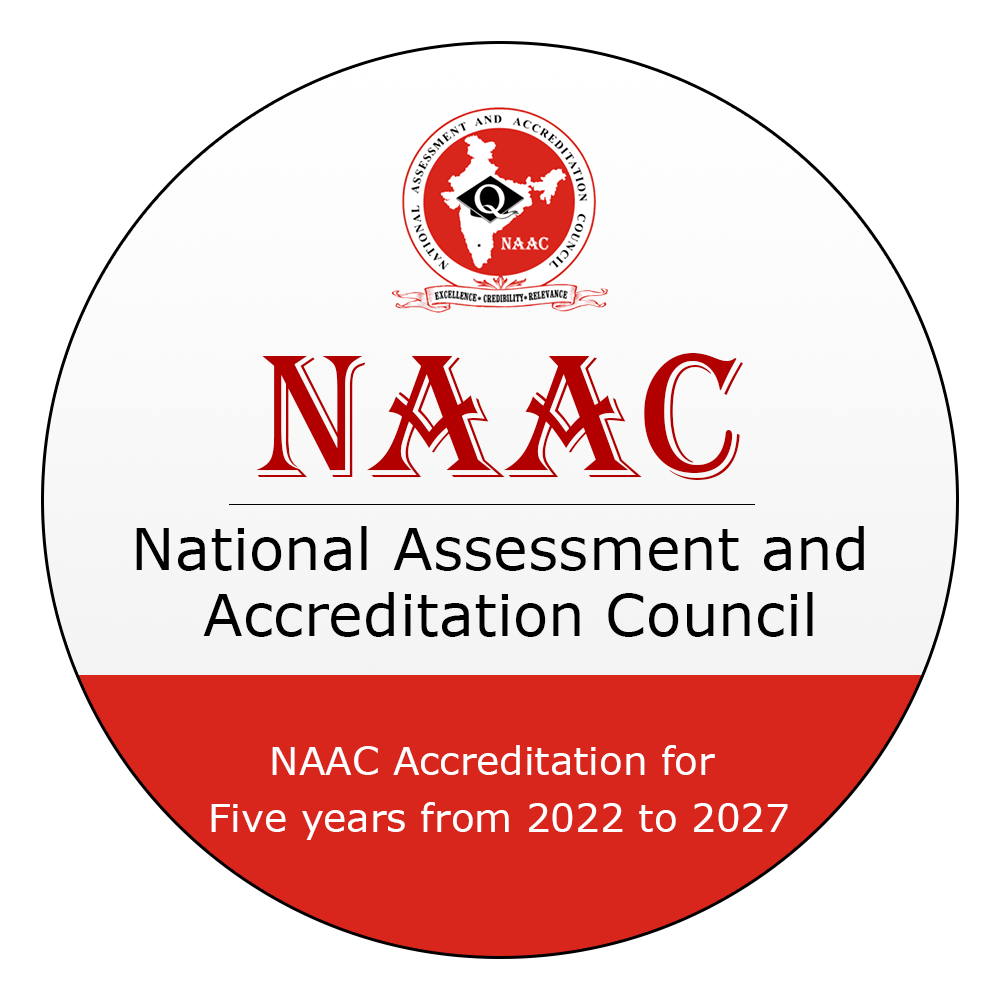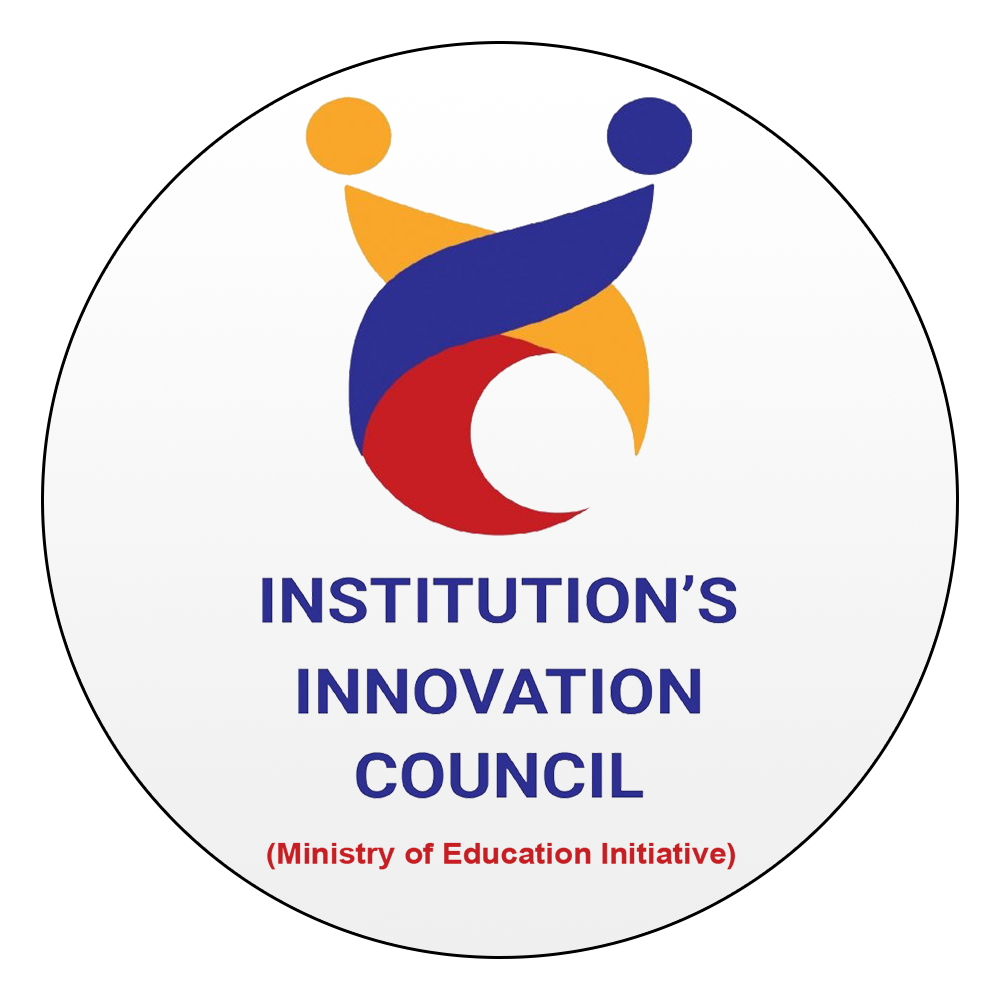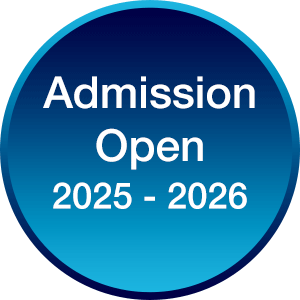ABOUT THE DEPARTMENT
The formation of the Department of Electronics and Communication Engineering was in the year 1995 with the introduction of an undergraduate course. The Department is affiliated to Anna University, Chennai. The Department has been accredited from April 2008 to June 2013 by National Board of Accreditation (NBA). The Department over the time has grown in several dimensions and provides a magnetic ambience in teaching and learning. The Department has the support of highly qualified, experienced and dedicated faculty members to offer good academic help to students and also constantly help our students to carry out their academic projects addressing the demands of society.
Apart from four years B.E program, the Department also offers a full time M.E program (Applied Electronics) in 2004. The Postgraduate study in ECE prepares students for leadership roles in research, development and design positions that require skill and imaginative engineering solutions.
The major areas of faculty expertise of the department include Biomedical Signal Processing, Communication Systems, Computer networks, Control Systems, Digital Signal Processing, Image Processing, Instrumentation, RF and Microwaves, Micro strip Antennas, Optoelectronic and Optical Communication, VLSI Design, Wireless Communication, Embedded Systems and MEMS.
The Department has signed MoUs with leading industries and organizations for establishing collaborative research, conducting Workshops, Seminars and for organizing International Conferences. Professional associations such as ECE association and life member in IOSR (Instrumentation society of India) for professional interaction.
Our students are always encouraged to take part in co-curricular and extracurricular activities in various state-level / national-level competitions including national level symposiums and international conferences.
The graduates from this department have become professional engineers, employed both in core and software companies. They are well represented at core companies, such as Robert Bosch, Qualcomm, Aricent Group, Wipro and as well as smaller start-up companies. They have become successful software developers and managers in the leading software companies, such as Thought works, Infosys, Cognizant Technology Solutions (CTS), HCL Technologies, TCS, and IGATE etc. Many of our students pursue higher education to obtain MS, MBA and PhD degrees in foreign universities. Also, some of the graduates working in Public sector units, such as BSNL, National Thermal Power Corporation(NTPC) Ltd, DRDO, ISRO, BHEL, BEL etc.
VISION
To transform our department into centre for excellence with high quality education in curricular, co-curricular and extra-curricular activities.
MISSION
To create an excellent teaching and learning environment with our potential to give satisfaction to our stakeholders and to equip contemporary skills to compete with the change.
PROGRAMMES OFFERED BY THE DEPARTMENT
- B.E. in Electronics and Communication Engineering
- M.E. in Applied Electronics
PROGRAM OUTCOMES (POs)
| PO | PROGRAM OUTCOMES |
|---|---|
| PO1 | Engineering knowledge:Apply the knowledge of mathematics, science, engineering fundamentals, and an engineering specialization to the solution of complex engineering problems. |
| PO2 | Problem analysis: Identify, formulate, review research literature, and analyze complex engineering problems reaching substantiated conclusions using first principles of mathematics, natural sciences, and engineering sciences. |
| PO3 | Design/development of solutions: Design solutions for complex engineering problems and design system components or processes that meet the specified needs with appropriate consideration for the public health and safety, and the cultural, societal, and environmental considerations. |
| PO4 | Conduct investigations of complex problems: Use research-based knowledge and research methods including design of experiments, analysis and interpretation of data, and synthesis of the information to provide valid conclusions. |
| PO5 | Modern tool usage: Create, select, and apply appropriate techniques, resources, and modern engineering and IT tools including prediction and modeling to complex engineering activities with an understanding of the limitations. |
| PO6 | The engineer and society: Apply reasoning informed by the contextual knowledge to assess societal, health, safety, legal and cultural issues and the consequent responsibilities relevant to the professional engineering practice. |
| PO7 | Environment and sustainability: Understand the impact of the professional engineering solutions in societal and environmental contexts, and demonstrate the knowledge of, and need for sustainable development. |
| PO8 | Ethics: Apply ethical principles and commit to professional ethics and responsibilities and norms of the engineering practice. |
| PO9 | Individual and team work: Function effectively as an individual, and as a member or leader in diverse teams, and in multidisciplinary settings. |
| PO10 | Communication: Communicate effectively on complex engineering activities with the engineering community and with society at large, such as, being able to comprehend and write effective reports and design documentation, make effective presentations, and give and receive clear instructions. |
| PO11 | Project management and finance: Demonstrate knowledge and understanding of the engineering and management principles and apply these to one’s own work, as a member and leader in a team, to manage projects and in multidisciplinary environments. |
| PO12 | Life-long learning: Recognize the need for, and have the preparation and ability to engage in independent and life-long learning in the broadest context of technological change. |
COURSE OPPORTUNITIES
The graduates from this department have become professional engineers, employed both in core and software companies. They are well represented at core companies, such as Robert Bosch, Qualcomm, Aricent Group, Wipro and as well as smaller start-up companies. They have become successful software developers and managers in the leading software companies, such as Thought works, Infosys, Cognizant Technology Solutions, HCL Technologies, TCS, and IGATE etc. Many of our students pursue higher education to obtain MS, MBA and PhD degrees in foreign universities. Also, some of the graduates working in Public sector units, such as BSNL, National Thermal Power Corporation(NTPC) Ltd, DRDO, ISRO, BHEL, BEL etc.
PROGRAMME EDUCATIONAL OBJECTIVES (PEOs)
| PEOs | PROGRAMME EDUCATIONAL OBJECTIVES |
|---|---|
| PEO1 | Graduates will have a successful life-long career in Electronics and Communication Engineering or associated industries or higher education or as entrepreneurs. |
| PEO2 | Graduates will have the ability and attitude to adapt to latest technologies. |
| PEO3 | Graduates will have the team work , Communication and interpersonal skills to enable them to work effectively with interdisciplinary teams in Industry, Government and Academia. |
PROGRAM SPECIFIC OBJECTIVES (PSOs)
| PSOs | PROGRAM SPECIFIC OBJECTIVES |
|---|---|
| PSO1 | Apply the knowledge in the field of electronics and communication engineering to analyze, design and develop solutions for real world problems. |
| PSO2 | Demonstrate the skill in core and allied domain to work in interdisciplinary teams. |









For Online Grievance : onlinegrievance@jec.ac.in